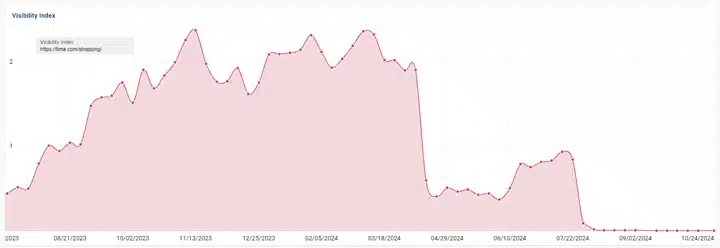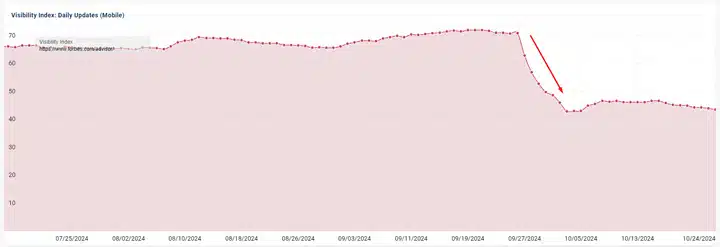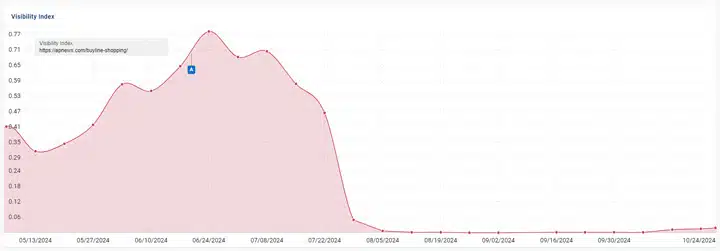Google Search demoting content that is starkly different from the main content of the site
A Google spokesperson told Glenn Gabe, "Our systems aim to understand if a section of a site is independent or starkly different from the main content of the site. This helps us surface the most useful information from a range of sites."
Google has confirmed that it has search ranking systems that look to see if content or portions of content on a site are “independent or starkly different from the main content of the site,” a Google spokesperson told Glenn Gabe, an independent SEO consultant.
We have seen examples of portions of large sites seeing large declines in Google Search visibility over the past month. Glenn documented some of those examples, and Google followed up with Glenn to clarify that Google is not testing the site reputation abuse algorithm in the wild and that it has search systems to detect when portions of content on a site seem “independent or starkly different” from the main content theme of a site.
Google’s statement. A Google spokesperson told Glenn Gabe:
“Our systems aim to understand if a section of a site is independent or starkly different from the main content of the site. This helps us surface the most useful information from a range of sites.”
Google referred back to a 2019 statement it posted on X, formerly Twitter that read:
“We’ve been asked if third-parties can host content in subdomains or subfolders of another’s domain. It’s not against our guidelines. But as the practice has grown, our systems are being improved to better know when such content is independent of the main site & treat accordingly. Overall, we’d recommend against letting others use subdomains or subfolders with content presented as if it is part of the main site, without close supervision or the involvement of the primary site. Our guidance is if you want the best success with Search, provide value-added content from your own efforts that reflect your own brand.”
What changed. As Glenn Gabe documented in detail, Sites like Fortune Recommends, Forbes Advisor, APNews Buyline, Time Stamped, WSJ Buyside, CNN Underscored and many others saw huge declines for those sections of their websites. He thought that maybe Google was testing the site reputation abuse algorithm. But Google stated no, that site reputation abuse policy is still not live, it is only enforced manually.
Here are some charts of those declines, that Glenn shared:



What Google said. Google sent statements to Glenn Gabe that read:
“I heard from Google’s Danny Sullivan and he confirmed that Google is not testing its ‘Site reputation abuse’ algorithm at this time. So the drops are from other changes that Google is pushing that must be impacting those affiliate directories strongly.”
“Our systems aim to understand if a section of a site is independent or starkly different from the main content of the site. This helps us surface the most useful information from a range of sites.”
Why we care. It seems that Google made some adjustments to existing search ranking algorithms that better detect when portions of your site’s content may be outside of the primary content of the site. That is not to say Google will go after all sites that have content that may slightly go out of the overall site’s content theme or lane, but if you are creating sections of your site that may be starkly different and independent of your overall site’s theme, than that might not rank as well anymore.
Related stories